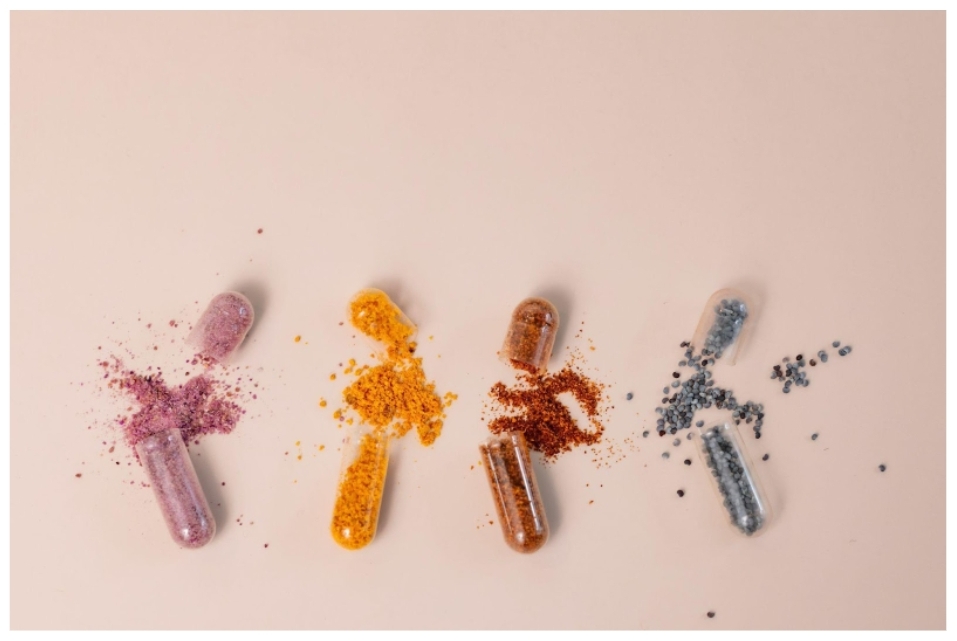The Next Generation of Daily Nutrition: Exploring Alternatives to AG1

In the world of wellness, few products have attracted as much attention as greens powders and all-in-one supplement blends. But consumers are becoming more selective, asking tougher questions about ingredients, transparency, and long-term value. For many, the search for an alternative to AG1 reflects this shift, a desire for products that deliver benefits without compromise, while aligning with modern lifestyles that demand convenience and clarity.
Why AG1 Became a Benchmark
AG1 (formerly Athletic Greens) became a household name by promising a one-stop shop for vitamins, minerals, probiotics, and superfoods. Its appeal lies in simplicity: one scoop, once a day, for a wide spectrum of nutritional support.
However, as with any leading brand, success also brings scrutiny. Some users point to its premium pricing, while others question whether a powder can replace whole foods or if there are alternatives better suited to their specific goals, be it focus, calm energy, or gut health. This curiosity is fueling the rise of new players in the nutrition space.
The Rise of Functional Beverages
One of the biggest evolutions in daily nutrition is the pivot toward functional beverages. Instead of powders stirred into water, consumers are reaching for mushroom coffees, adaptogen lattes, and nootropic drinks that double as rituals.
These drinks combine traditional formats with functional benefits. Lion’s mane mushrooms, for instance, are linked to cognitive support, while cordyceps are known for their role in endurance and energy. By pairing these with ingredients like L-theanine, guarana, or collagen peptides, new-generation brands are creating products that go beyond “greens in a scoop.”
What People Want From Alternatives
The popularity of AG1 alternatives reflects a few consistent demands:
- Transparency: Clear labeling, science-backed claims, and no filler ingredients.
- Targeted benefits: Instead of a “one-size-fits-all” approach, products now emphasise specific outcomes, focus, sleep, immunity, or digestion.
- Affordability: Many alternatives are priced more accessibly, widening their appeal.
- Enjoyable formats: From coffee replacements to travel-friendly sachets, consumers want products that fit into daily life.
This signals a broader shift: wellness is no longer just about cramming everything into one product. It’s about finding the right product for the right purpose.
The Science of Supplementation
Experts have long debated the role of supplements in daily nutrition. According to the NHS, most adults can get the vitamins and minerals they need through a balanced diet, though supplements can be helpful in addressing deficiencies or specific lifestyle needs.
This perspective reinforces why many wellness consumers are exploring newer formats. Instead of relying solely on a “catch-all” powder, they’re seeking targeted supplementation that complements a balanced diet and supports mental performance, energy levels, or resilience to stress.
Functional Ingredients Leading the Way

The next generation of alternatives is defined by ingredient innovation. Some of the most prominent include:
- Nootropics such as alpha-GPC or L-theanine, studied for their ability to enhance focus and memory.
- Adaptogens like reishi, ashwagandha, and rhodiola, traditionally used to balance stress responses.
- Mushrooms such as lion’s mane and cordyceps, which are increasingly popular for cognitive and energy support.
- Nutrient-dense blends that incorporate collagen, probiotics, or antioxidants, designed to nurture not just energy but long-term health.
These ingredients reflect a clear trend: consumers want more than a quick fix, they want products that align with their wellness goals in tangible ways.
The Role of Ritual
Another reason functional beverages and alternatives are thriving is ritual. While a scoop of powder stirred into water may be convenient, it doesn’t always inspire consistency. In contrast, drinks like mushroom coffee or adaptogen tea create moments of calm and intention.
Rituals are powerful. They turn supplementation into something more than consumption, they create a habit that’s sustainable. This is one of the reasons alternatives to AG1 are gaining popularity; they don’t just provide nutrients, they also fit naturally into routines people enjoy.
Looking Ahead: The Future of Daily Nutrition
The rise of AG1 alternatives signals a broader movement toward personalised wellness. Instead of one-size-fits-all, people are curating their own stacks of supplements, drinks, and foods that fit their unique needs.
Technology is also likely to play a role, with wearable devices and health apps making personalised nutrition more data-driven. Imagine a daily beverage not only packed with adaptogens but tailored to your sleep patterns, activity levels, and stress markers. That future isn’t far off.
AG1 helped spark a movement toward convenient, all-in-one nutrition. But the next generation of wellness is broader, more personal, and in many ways more exciting. From mushroom coffee to nootropic blends, the demand for an alternative to AG1 reflects a growing awareness that nutrition isn’t just about covering bases, it’s about optimising for clarity, focus, and sustainable well-being.
The future of daily nutrition is here, and it’s functional.



